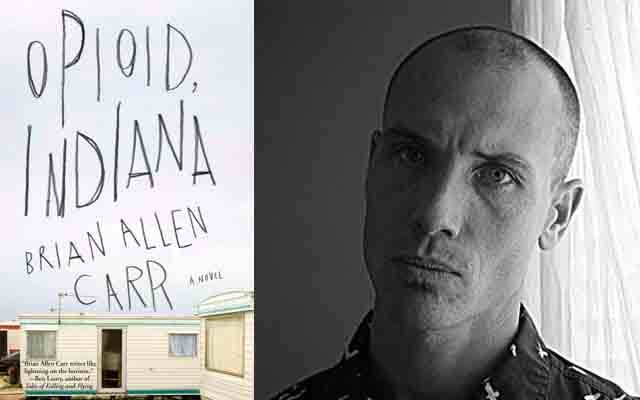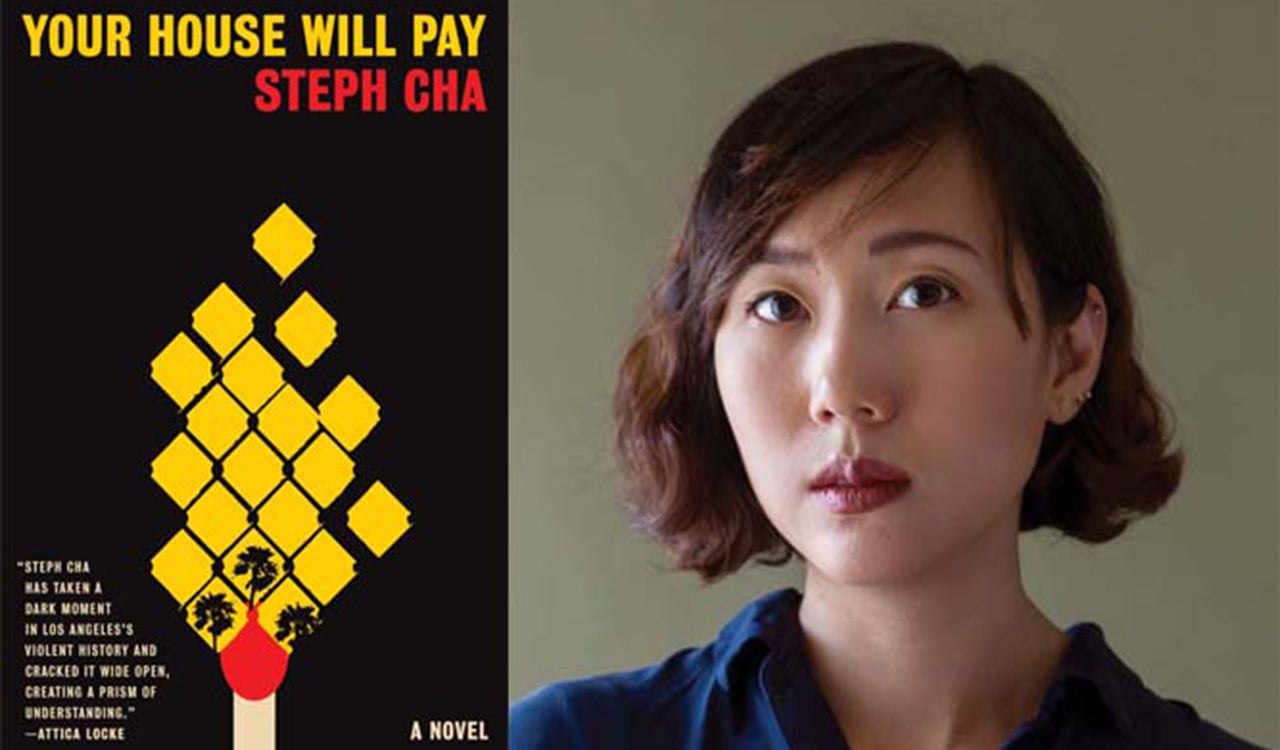On April 16, Aspen Words will confer the third annual Aspen Words Literary Prize, a $35,000 award recognizing a work of fiction that addresses a vital social issue. Sixteen nominees are still in the running, and the diverse list includes 12 novels and four short story collections covering a variety of critical issues and published by an array of presses. While the jury works on narrowing down this list to five finalists (to be announced February 19) and a winner, Aspen Words chatted with the nominees about their work, how they view their role as a writer in the cultural and political moment, and the best piece of writing advice they’ve received. You can find the series of conversations here.
Brian Allen Carr’s novel, Opioid, Indiana, explores economic inequality, addiction, racism, and mass shootings in a voice that is unique and sharp. Carr is also the author of the novel Sip, along with several novellas and story collections.

How do you view your role as a writer in this cultural and political moment, and why is the time right for your book?
I just write books that I feel need to exist. As for timing, that is way, way, way beyond my control.
What other author deserves this award and why?
Juan Pablo Villalobos is the most exciting writer working right now. I think that’s a good enough reason.
What is the core tenet of your book’s philosophy?
The stories we share with our children have the power to ruin or save them. Also: Be more optimistic. Be less judgmental. You don’t know what others are dealing with. Be less shitty. Be less certain that others are shitty. Stay off the internet. It wants to eat your human soul and fill it with capitalism. Then it wants you to tweet about how socialism is the cure. Then it wants to murder your children with debt. But if you don’t look at it, it’s not there.
If you weren’t a writer, what would you be?
I’m not really a “writer.” I’ve written some books, but I don’t make my living that way. I sell Kias for Ray Skillman in Indianapolis.
What’s the best piece of advice you’ve received on writing fiction?
I knew a writer who got a tenure track gig at some university when he was 26. He had just gotten out of school, and he had a promising writing career ahead of him. One of his colleagues told him, upon his hire date, that he was “coming in as the new boy genius of the department” but that he could “only keep one of those titles.” He would either mature to be just a “genius,” or his lack of future success would render him just a “boy.” I remember, when I was younger, that I wanted to be a “boy genius.” I wanted to drop some wildly influential work of literature in my twenties. But it didn’t happen. It didn’t happen in my thirties either. Now I’m 40, and it may never happen. But here is the glorious thing — I came up writing with a lot of “boy geniuses” who just became “boys.” (I’m not sure if “girl geniuses” ((though you could never call them that)) become just “girls.”) I can’t think of a worse fate then going from “boy genius” to “boy.” It would be better to never be considered a genius at all.
All of this is to say, be careful what you wish for, be happy with what you get, and try to just enjoy the process. This is super hard advice to follow, though.


